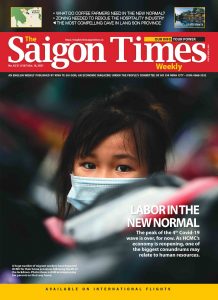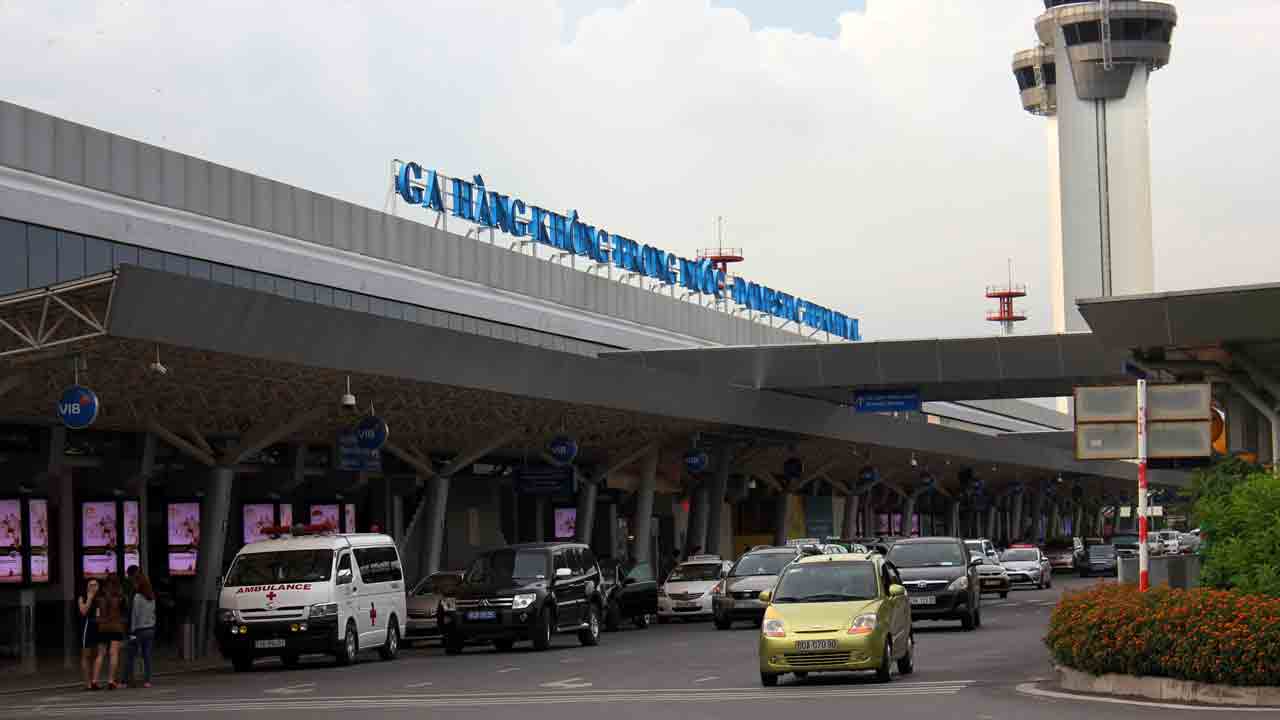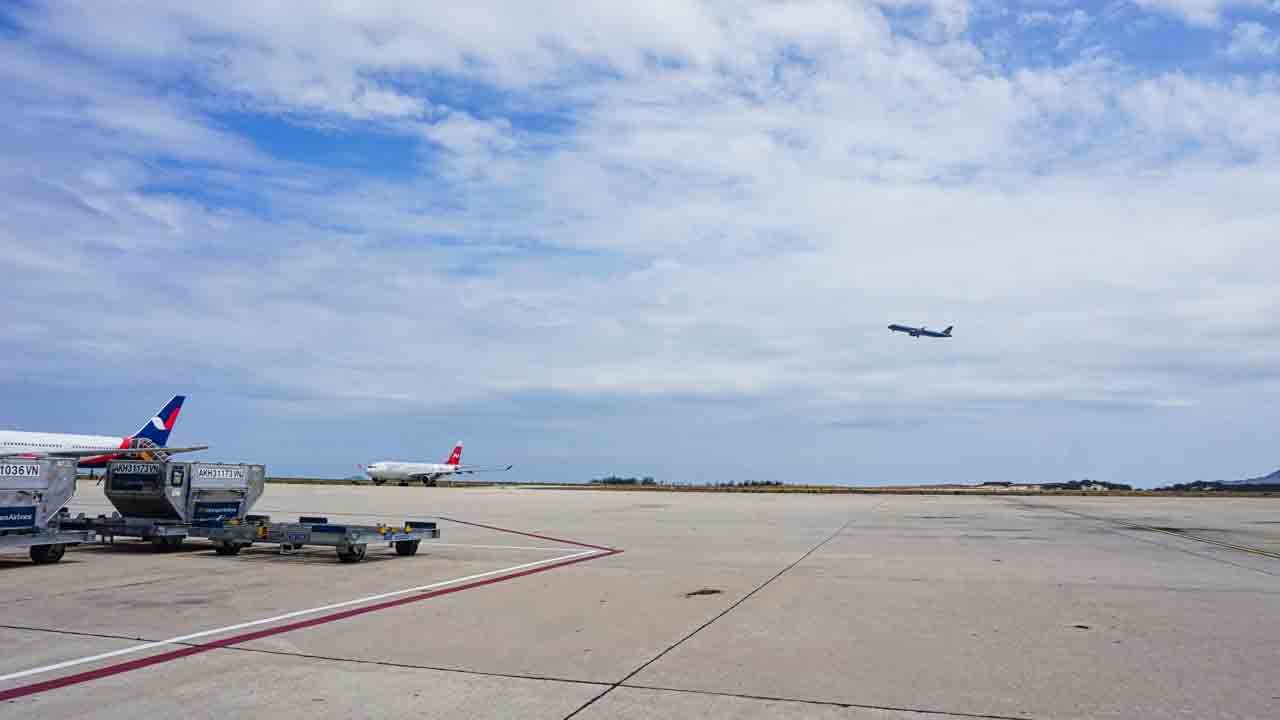If the Covid-19 pandemic gives the authorities concerned lessons about crisis management, much remains to be discussed when it comes to institutions once the current crisis has ebbed.
Without doubt, crisis management requires concentration and unity when it comes to leadership and instructions of the central Government. They are even preconditions for policy decisions. However, recent exchanges and reactions between the Civil Aviation Authority of Vietnam (CAAV), under the Ministry of Transport, and provincial authorities regarding the reopening of airports have left the general public with concerns.
The Prime Minister has publicly given instructions on two important issues. First, the fight against the pandemic should no longer incorporate the “Zero Covid” strategy. Second, the economic reopening should be carried out as quick as possible in tandem with pandemic safety. In other words, measures for pandemic fighting have to be changed radically, which means “compartmentalization” regulations which isolate localities have to be shelved. To this end, an indispensable measure must be implemented: the quick resumption of public transport means operation, particularly aviation. Otherwise, how could the economy resume?
In reality, to reopen the aviation sector, the CAAV under the Ministry of Transport—which is the body that by law manages civil aviation, and authorizes or bans flights—has had to consult with the governments of 19 provinces where airports are to come up with a decision. Ironically, while the majority of them agreed to the proposal, some gave a flat no. Among the naysayers was the capital of Hanoi that did not allow the reopening of Noi Bai, a domestic and international airport of prime importance in Vietnam. Not only after the issue had been forwarded to a Deputy Prime Minister did it be solved. Hanoi has agreed to reopen Noi Bai, but the number of flights is still limited and a stringent measure introduced forcing passengers from HCMC to be quarantined for seven days.
Air passengers and aviation service providers, as well as the people in general, can pose the following questions:
The first question: who owns airports in general and Noi Bai in particular? Who has the authority to give an airport the permission to open or close? Take Noi Bai for example, the government of Hanoi does not own this airport, but it belongs to the nation which assumes its ownership via State entities [in this case, the CAAV and the Ministry of Transport].
The second question: who owns the commercial aviation rights of airport services and flight service providers? Who has the authority to allow, suspend or ban these rights? It is obvious that according to the Civil Aviation Law, these rights belong to the CAAV under the Ministry of Transport.
The third question: who owns the freedom of movement of the people, which is a basic right, and who protects it? This right naturally belongs to the people and is protected by the Constitution and the law.

The fourth question: What is the relationship between pandemic prevention and the implementation of the above rights? Precisely, can a local government while exercising its right to prevent a pandemic take measures to restrict or totally ban the rights of other related parties? The central Government has delegated and authorized the responsibility to fight the pandemic to local governments. Yet it does not mean a delegation and authorization of the management of the country and the economy to localities. As a common sense, all socioeconomic activities do not embrace only pandemic fighting although it is a top priority. In addition, the recognition and protection of rights are not for form’s sake but must be real. Subsequently, for instance, in reopening the economy, a request that forces air passengers who are business people on flights between Vietnam’s economic hubs, Hanoi and HCMC, to be subject to a seven- or 14-day isolation is a form of hindering economic activities and enforcement of trading rights.
The fifth question: what is the relationship between geopolitics and power, and between functions, responsibility and authority of central and local governments? Who has the right to do what and who has not? Politics and power are neither phenomenal nor symbolic, but they are rights attached to daily decision making. The authority of the central Government in making decisions on national affairs after consultation with local governments is not synonymous with negotiating on the same footing with local authorities, and when a dispute arises, a higher level of authority will be entrusted with finding a solution.
The sixth question: If restrictions of or bans on rights of related parties (businesses and the people) using administrative measures and resulting in losses for these parties, do they have the right to lodge a lawsuit to claim their losses? And then, who will sue who, and who will be responsible for legal and asset responsibilities? This issue and the question will become clearer when the pandemic is over and the economy and the people’s life become normal again. It is known that some Vietnamese enterprises have been complained by foreign parties and fined due to violations not related to force majeure in accordance with international standards. It is the knowledge of this issue that prompted many foreign-invested enterprises in Vietnam to continue to pay salaries to their work force although those workers had to stay home as instructed by the authorities while other businesses did not.

The final question: Why didn’t the CAAV and the Ministry of Transport that are national representatives in enforcing the law fulfill their responsibility instead of negotiating with local governments before making the decision? In reality in Vietnam, when a big task has to be done, the whole “political system” is often called for. This reality, however, should not lead to a common practice that political principles, which are traditionally represented by negotiations for consensus, will supplant legal principles. If in daily management, the law is substituted by politics, and subsequently, officials in charge can no longer make it clear and remain steadfast, then imagine the consequences! They are obviously not what the Party, the State and the people look for.
Other questions may arise about the Ministry of Transport’s decision on the aviation reopening. This issue should be regarded by related authorities as a lesson for crisis management in the pandemic fight and later problems.
(1)Member of NHQuang and Associates, arbitrator of Vietnam International Arbitration Center









